As a mother, I’m constantly on the lookout for the safest herbs and essential oils to handle everyday health issues. Lemon balm is an exceptional herb that I always keep handy, and it’s an essential part of my natural remedy collection. Discover its benefits and uses below!
What Exactly Is Lemon Balm?
This refreshing lemon-scented herb belongs to the mint family. Lemon balm (Melissa officinalis) originates from Europe and has been a staple in herbal medicine for over a millennium. Traditionally, it has been used for various purposes:
The leaves resemble mint but emit a lemony aroma when touched. The plant blooms with pale yellow flowers during spring and summer. Both the leaves and flowers are edible and used in culinary and medicinal preparations. Besides their popularity among humans for use in perfumes and aromatherapy, these flowers are also highly attractive to bees.
Health Advantages of Lemon Balm
This herb offers numerous health benefits, making it a valuable addition to herbal remedies. Here’s why it’s wonderful:
Antimicrobial Properties
A review in 2017 noted lemon balm’s antimicrobial characteristics. It highlighted that a combination of lemon balm and mint was effective against herpes infections without causing resistance, thus serving as a valuable antiviral tool. This herbal duo could speed up the healing of herpes simplex virus type 1 (HSV-1) sores and help prevent their spread. The review further identified lemon balm as having antibacterial and antifungal properties.
Anti-inflammatory and Antioxidant Effects
The mentioned review also discovered lemon balm’s potential in alleviating inflammation and pain. It acts as an antioxidant, aiding in reducing inflammation (which in turn lowers pain). Antioxidants also fend off various diseases tied to oxidation. This herb effectively eliminates both natural and synthetic free radicals, highlighting its antioxidant benefits. Additionally, it directly obstructs pain signals, akin to how narcotic pain medications function.
Relief for Menstrual Symptoms
A 2015 study on high school girls revealed that lemon balm is effective in mitigating premenstrual symptoms (PMS). Participants who used it experienced noticeable relief in symptoms like cramps and mood swings. There were no side effects mentioned, making it worth considering if you experience PMS.
Thyroid Disease Assistance
Lemon balm might be beneficial for thyroid problems. A 1985 study indicated its potential benefit for those with Graves’ disease (hyperthyroidism) by preventing TSH (thyroid hormone stimulator) from binding to receptors.
A 2014 overview of lemon balm’s effects on the body supported this, suggesting that lemon balm lowers TSH levels while boosting T3 and T4 levels. This implies that the herb might also help those with hypothyroidism.
Nevertheless, further research is necessary to understand its full implications for thyroid disease. Always consult your doctor before trying lemon balm if you have thyroid concerns.
Promotes Relaxation
Similar to chamomile, lemon balm is soothing. It assists in calming effects, stress reduction, and soothing the nervous system.
Studies affirm this traditional use as well. Participants in a 2004 study reported feeling calmer after taking lemon balm.
Another study published in 2014 found comparable outcomes. Those who consumed the herb with meals experienced less stress and anxiety, suggesting its anxiolytic properties.
Lemon balm also aids in sleep. A combination of valerian root and lemon balm improved sleep quality for children in a 2006 study. Nearly 81 percent found relief from sleep disorders, and around 70 percent experienced better restlessness.
Easing Digestive Discomfort
Herbalists have long turned to lemon balm to alleviate indigestion or bloating, much like mint. While scientific backing is limited, a 2010 study showed some evidence for this usage. In the study, a lemon balm dessert proved more effective than an alternative dessert in easing indigestion (dyspepsia), though both were beneficial.
Potential Cognitive Enhancer
The aforementioned 2014 study also demonstrated that those who consumed lemon balm performed better on concentration, memory, and math tests. This improvement might connect to how the herb’s compounds affect the body. A 2009 study discovered that lemon balm increases GABA production, resulting in a calming influence and supporting cognitive function.
According to a 2008 study, rosmarinic acid found in lemon balm hinders the breakdown of the neurotransmitter acetylcholine. Low acetylcholine levels might cause cognitive issues such as Alzheimer’s disease. Thus, a cup of lemon balm tea might be your solution to staying mentally sharp as you age!
Ways to Use Lemon Balm
With its vast benefits, lemon balm is a must-have medicinal plant. I always keep dried lemon balm in my natural medicine cabinet for emergencies. I also prefer having its essential oil for occasions when it’s more suitable. Here’s how I incorporate it:
-
In Tea – Ideal for hand, foot, mouth disease or aiding sleep (blend with lavender and chamomile). To prepare tea with lemon balm (or herb blend), steep 1–2 tablespoons of dried leaves in hot water. Alternatively, here’s a clean option for lemon balm tea and one I recommend for sleep.
-
As a Tincture – For stress relief or to help with sleep. I create tinctures with dried herbs and alcohol, taking a dropper at night to help me relax. Lemon balm extract or tincture may also be available online or in herbal stores.
-
Infused in Olive Oil – Lemon balm-infused oil can be used in lotions and creams or as a massage oil for soothing effects.
-
Relaxation Bath – Add essential oil to your bath for relaxation (ensure dilution in a carrier oil first). It’s effective for both kids and adults.
-
As a Sleep Aid – Infuse honey with the dried herb. Take 1 teaspoon before bed or when calmness is needed (kids enjoy this too!).
-
In Favorite Dishes – Add to salads, fish, and vegetable recipes.
-
Infuse Water – Lemon balm-infused water is refreshing, especially on a hot day. I enjoy it plain, but a spoon of honey can be added for sweetness.
- In Salve or Lip Balm – Great for cold sores or adding a fresh scent to lip balm. Use lemon balm essential oils or infused oil.
These are just some of the ways to leverage this wonderful herb!
Lemon Balm Safety and Side Effects
Lemon balm is generally considered safe for otherwise healthy individuals. Due to its gentle nature, herbalists often recommend it for children (those over 2 years for essential oil use) and pregnant or nursing women. However, the 2017 review states it shouldn’t be used by pregnant/nursing women, children, those with hypothyroid issues, or people on sedatives.
While caution is advised for those using sedatives or with thyroid issues, the recommendation to avoid it during pregnancy or for children may be overly wary. Most herbalists agree it’s safe for many. Personally, I use lemon balm during pregnancy, while nursing, and with my children. As always, ask your doctor if lemon balm is suitable for you or your child.
Where to Get Lemon Balm
Lemon balm is readily available in dried form online or at natural food and supply shops. Here is my preferred lemon balm essential oil. Note that it’s often called Melissa, after its genus name.
You can also grow your own. A great seed company offers organic and heirloom seeds. Worried about gardening? Don’t fret! Lemon balm is hardy, grows easily, and requires minimal fuss. It’s also perfect for attracting bees and is ideal for a pollinator garden or to be grown in a pot for your container garden.
This information has been medically reviewed by Dr. Scott Soerries, MD, Family Physician and Medical Director of SteadyMD. As always, this is not personalized medical advice. We recommend consulting your doctor.
Do you incorporate lemon balm into your natural remedies? What’s your favorite way to use lemon balm? Share this information with a friend!


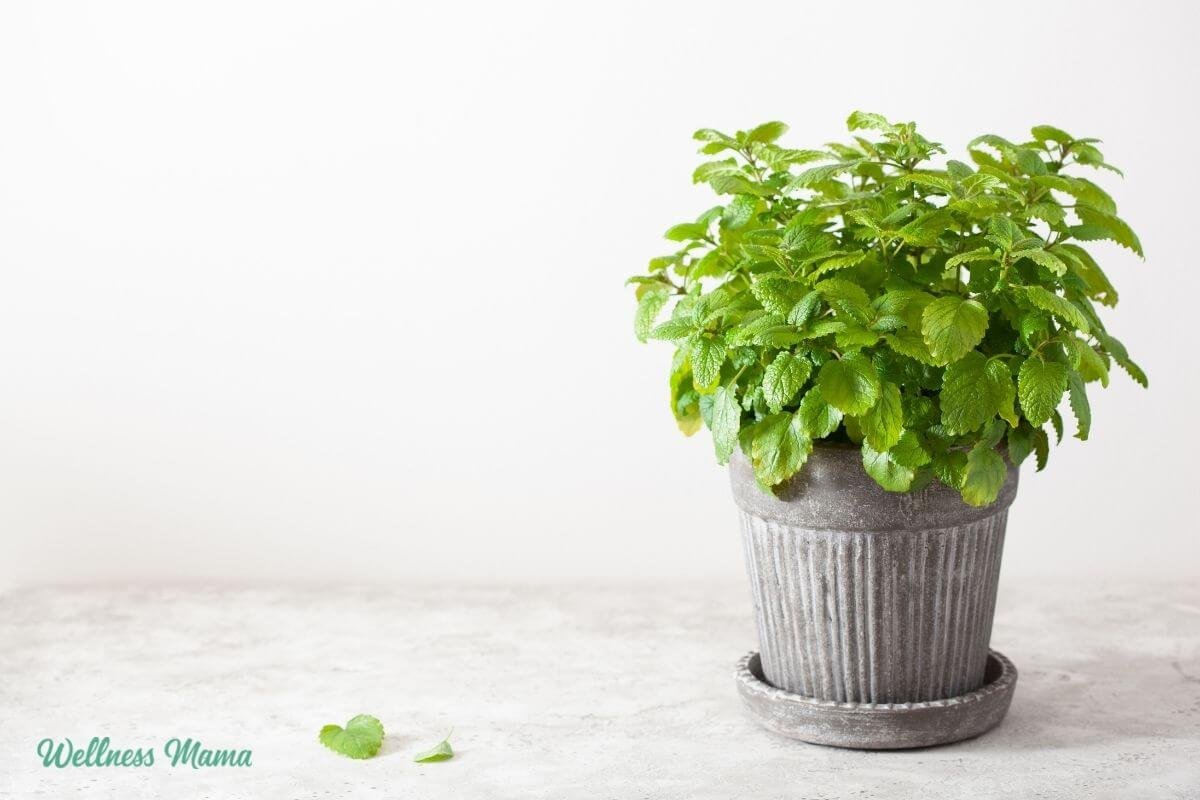
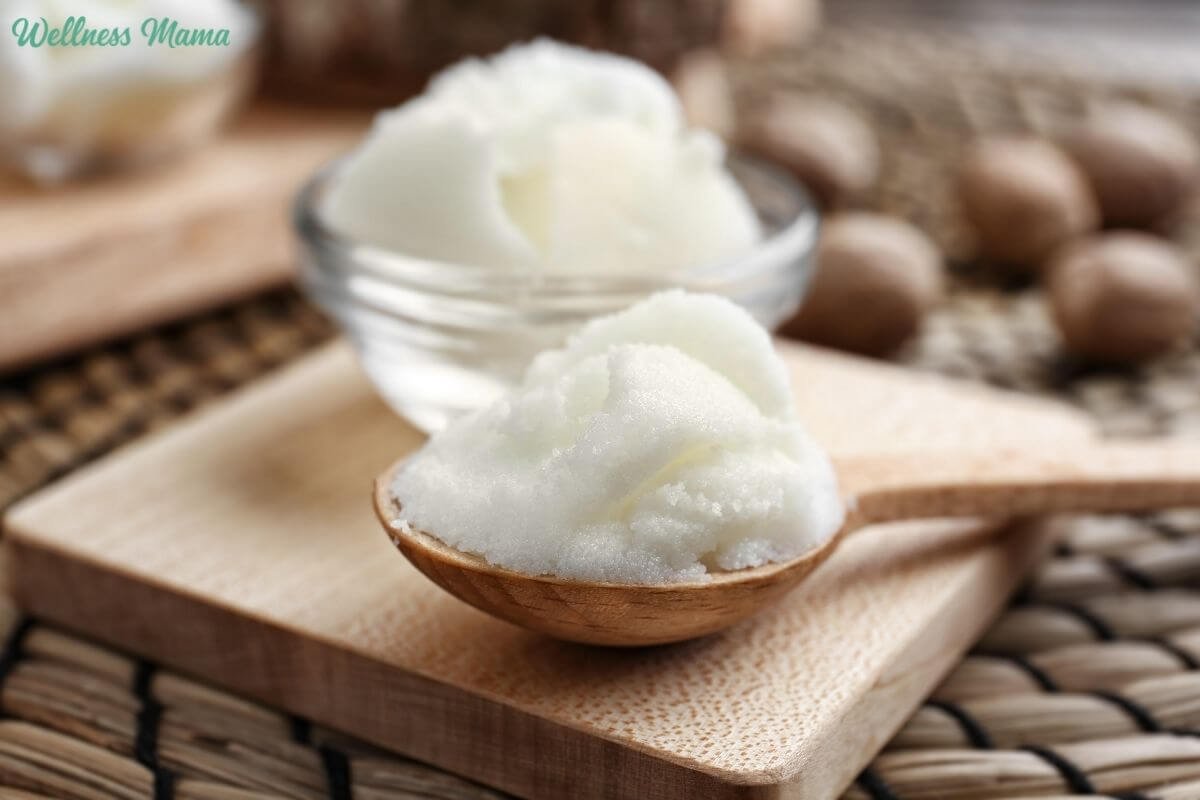
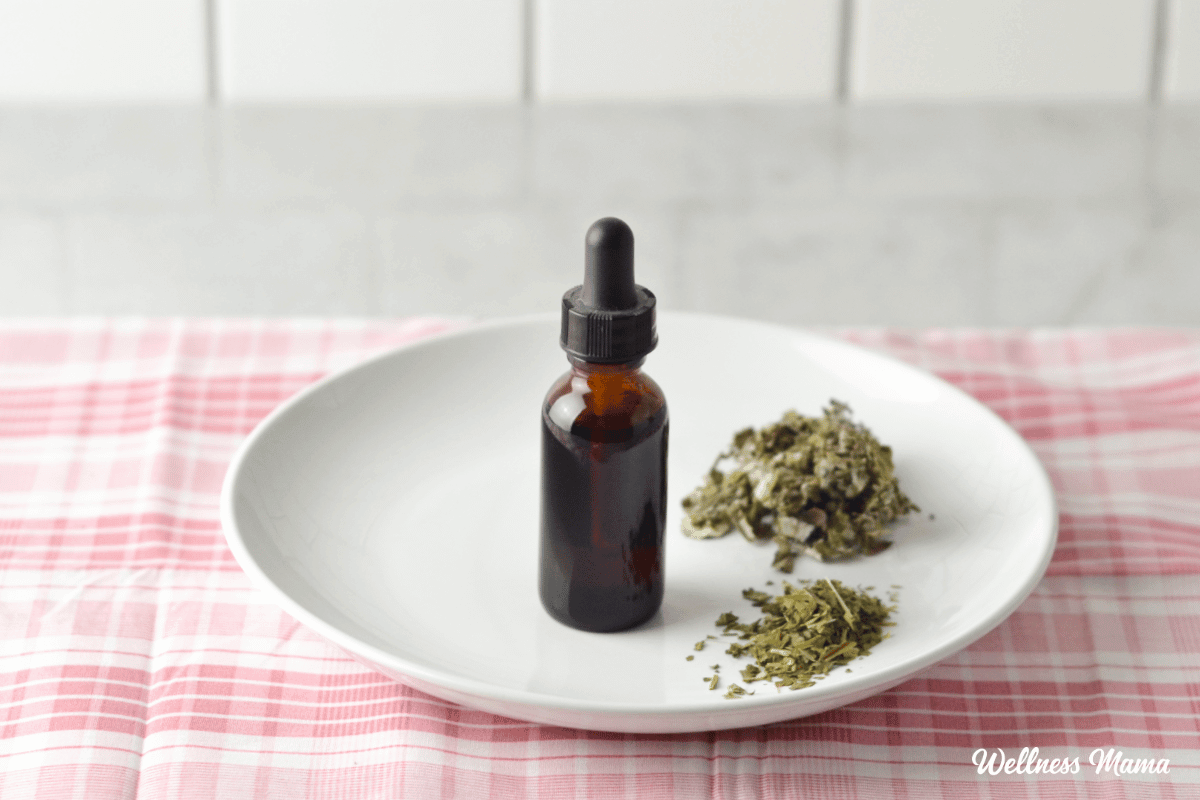

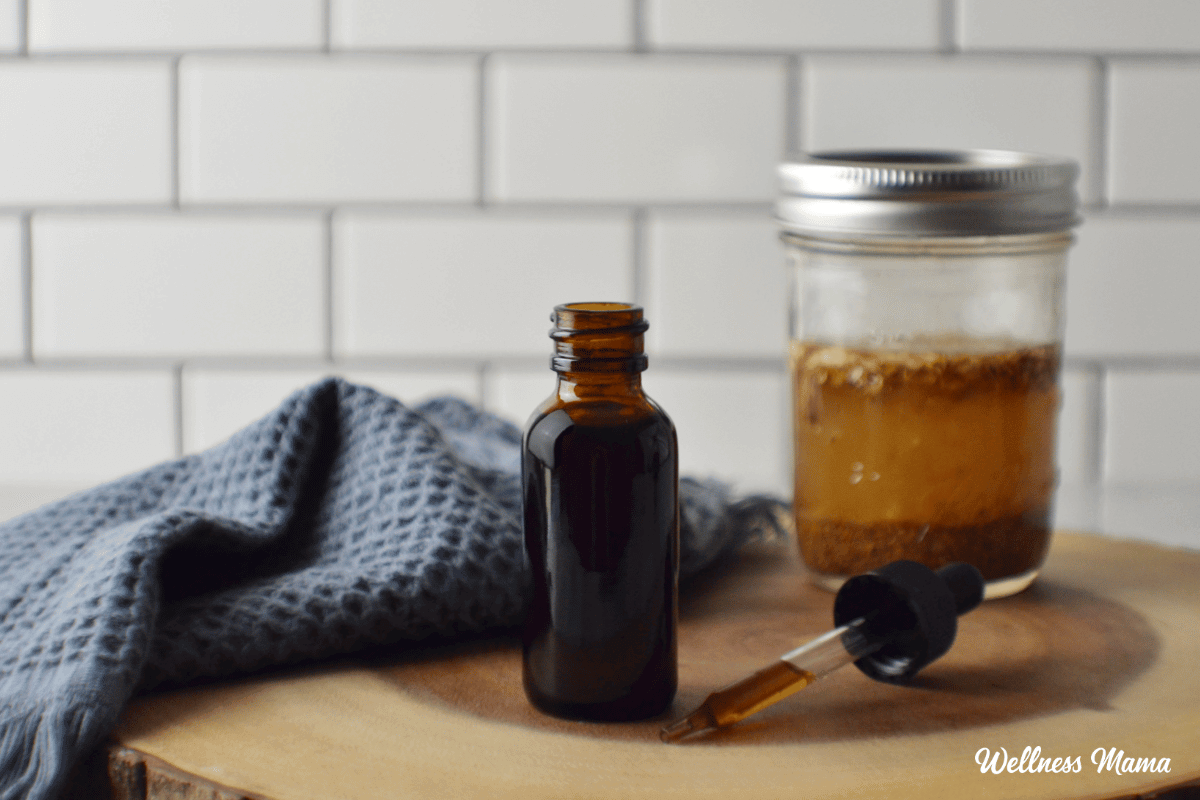



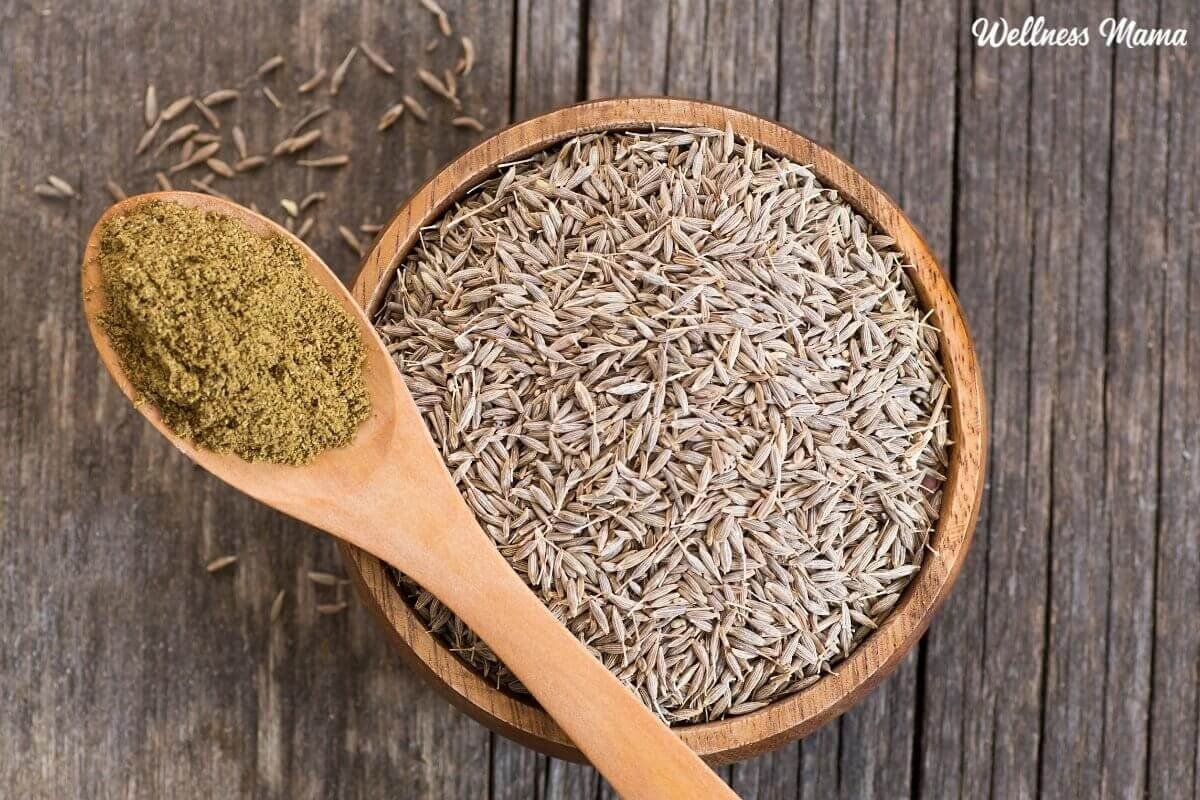




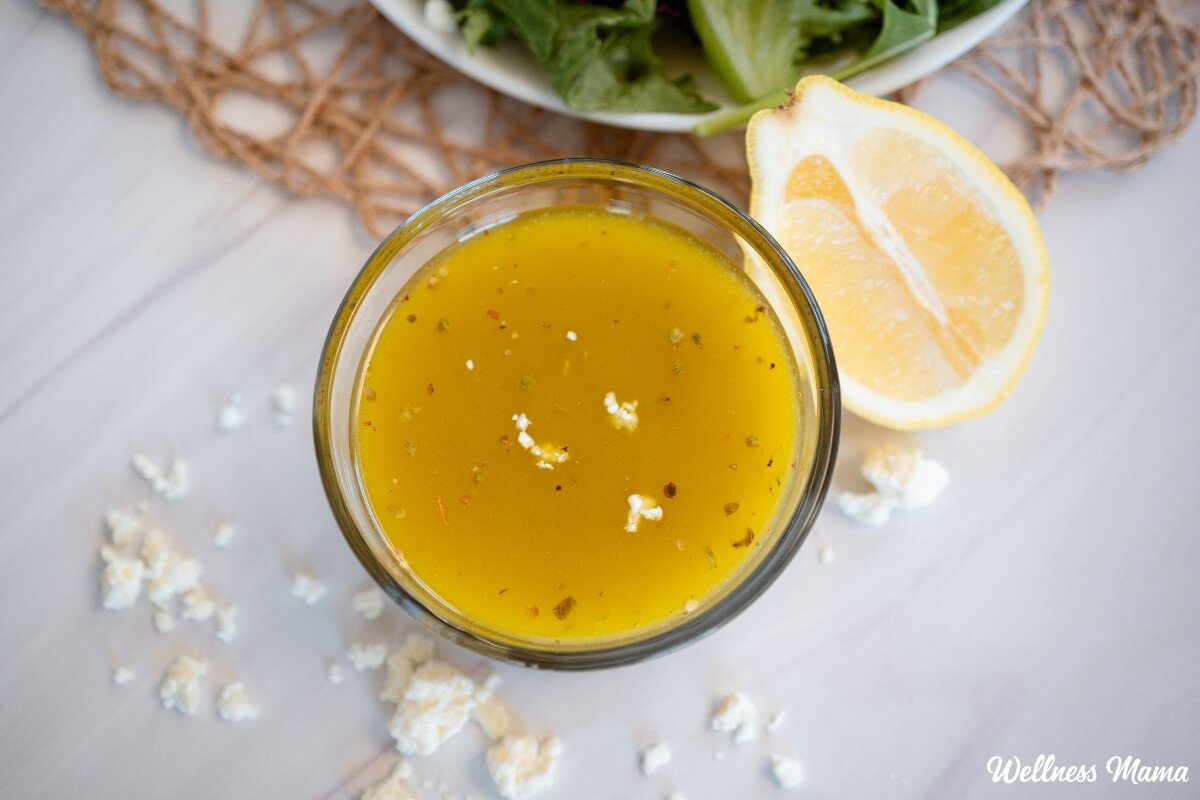

Leave a Reply